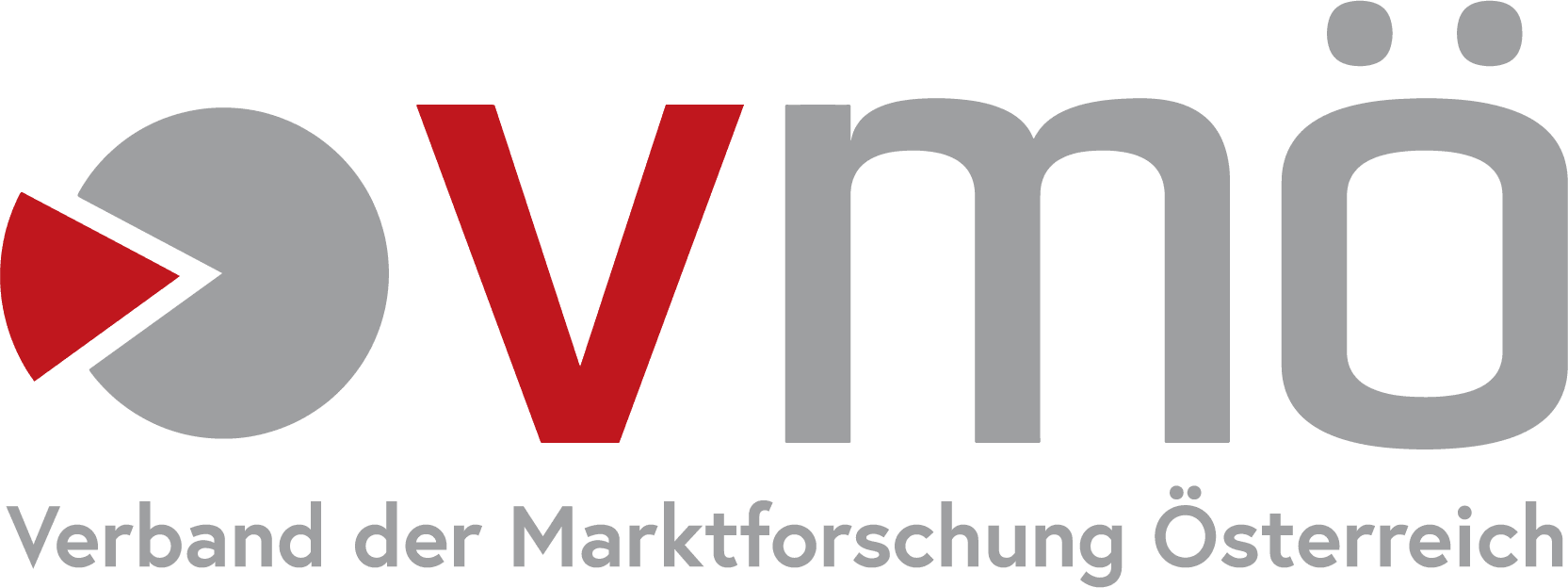What is Market Research?
Market research is the collection, organization and converting of data as well as their analysis and interpretation as a basis for business decisions. The approach of market research is systematic, objective and goal-oriented.
Market research is an applied, empirical science. The research, survey and evaluation methods are borrowed from related fields of science such as sociology, psychology and statistics (according to Koch, 2009).
Any miss-decision is causing costs and in a final consequence jobs. Therefore, accurate and reliable data (depending on the question) about the opinions, attitudes and behaviors of individual people, groups or companies are necessary.
These data are collected by using the following methods:
• Secondary research: Evaluation of existing material under the new aspect of the research project.
• Written questionnaire: self-filling of the questionnaire and return to the institute – usually by using of enclosed return envelope, without attribution of the sender, without marking, in particular: without signature
• Survey over the Internet (online survey)
• Telephone survey (CATI)
• Personal survey (Paper-Pencil, CAPI)
• Group discussions
• Studio tests, Test bus
Two approaches can be distinguished:
Complete inventory count (all persons of the defined target group)
Sample (a selection from this group) selected by:
• Random selection
• Quota selection
• Conscious selection (e.g., for experts selected on the basis of specific criteria and specified by name)
In order to be able to infer from a selection of people (=sample) to all people, the selection must be such that it is a structurally identical image = a smaller scale model. These representative samples are the most widely used model in market and opinion research.
Market and social research is particularly dependening on public trust, which means that it is conducted honestly, objectively, unobtrusively as well as without disadvantages to the respondents based on his voluntary cooperation.
Therefore, – but also with regard to the design of the relationship to the client/customer of the market research project – in 1948 the European Society for Opinion and Marketing Research ESOMAR established a first set of rules, which was merged with that of the International Chamber of Commerce ICC in 1976.
This code applies to individuals and organizations in the field of market and opinion research, which recognize it as binding for the members of the VMÖ.
Market research differs from other forms of information gathering that the identity of the information supplier is not disclosed. The obtained data are only reported for recapped groups of people. Thus, the complete anonymity of the interviewee is guaranteed.
Even if the interviewer knows the identity of the respondent during the sample formation or the initial contact and identity is also available for control purposes, an immediate separation between the answers (=the questionnaire) and the respondent (=address) takes place. The link is only possible for the market researcher itself (for control purposes), but never leads to the storage, converting or transmission of personal data (indirect personal data).
In addition, market research (as a rule) proceeds from representative samples and uses scientifically approved methods. Other data acquisitions, which are ultimately used for promotion and sale, strive to achieve full-coverage within certain groups. But self-filling results have a low return and possibly a distorted image. Thus, they cannot raise any claim in the sense of scientific methods.
However, the data of these surveys are stored and used on an individual, personal basis. This is explicitly not market research.
Thus, there is a complete difference to database marketing and similar activities where addresses are collected for sales, advertising, etc. Market research is based on the anonymity of the interviewee.
